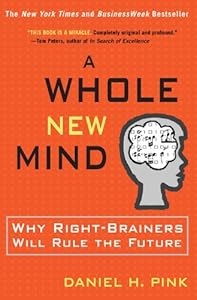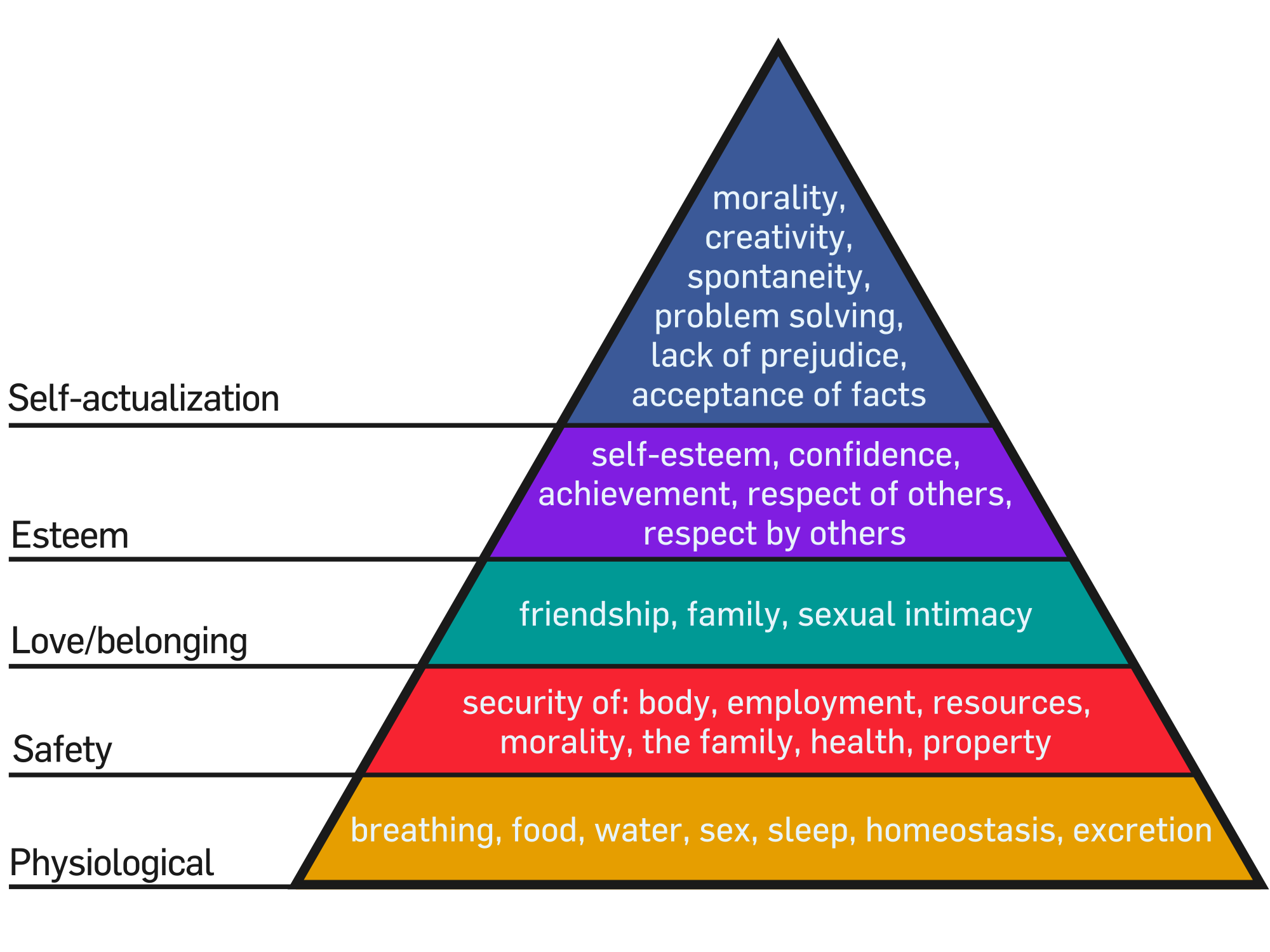
Sometimes Doing A Job Right Means Leaning Back.
When the chief operating officer of Facebook, Sheryl Sandberg wrote Lean In, she wrote it to encourage women and to argue for a more equal approach. Whether she achieves her objective remains to be seen, but she certainly got a stream of thinking going. Most of the commentary has been positive, praising her for reinvigorating feminism. Some of it has been less favourable, her insights are useful, necessary even in a culture that often assumes that everything is equal between men and women, but hardly original. For me, her book prompted a series of questions that revolve around a central question. Why do people do the jobs they do?
Why Do We Stay Or Go?
What makes people stay in positions they find unsatisfying while others will find new challenges? What makes people climb the corporate ladder while others strike out on their own and start independent businesses? Daniel H. Pink, author of the book, A Whole New Mind: Why Right-Brainers Will Rule the Future, might say that those who leave have met their basic needs and now seek that upper tier of the needs pyramid. They are trying to self-actualize.
Economist might argue that we are not so much reaching for spiritual satisfaction, as we are the more basic needs of food and shelter. In economies where jobs are scarce people are often forced to start their own businesses out of necessity rather than desire. I’m not sure what the right answer is, but that’s probably because it’s some combination of all of those things. Still, it makes me wonder why some bright capable people are increasingly finding their way to independence while other people who would be better off on their own remain inside organizations.
Middle Management Mindset
It would appear that there is an interesting phenomenon that happens at the middle management level. Some leaders discover that they have found their niche and stay in place. Most realize that they are out of their depth, and struggle to avoid sliding backwards or look forward towards still more responsibility. As colleagues and I once noted on seeing the upward trajectory of a particularly incompetent co-worker, the rise in success is often directly inverse to the level of incompetence. In effect, dismal workers will continue to prosper because most leaders would rather promote than fire. Some people just keep moving up as leader after leader palm their hopeless employee off on an unsuspecting department. I’ve seen this in government, high tech and countless other sectors.
The employee quite naturally assumes that they are great at what they do, so they keep doing it. Their confidence grows and thrives and they take on ever increasing challenges. That brings me back around to Lean In. Sandberg notes that studies show that a woman will chase a job if they feel they have an overwhelming number of the skills required to do the job. While men will chase a position even if they have about half the skills, perhaps even less. The implication is that women should give themselves an ego boost and go after the big jobs. Frankly, I find that idea disturbing. Just because someone feels confident that they are ready for more responsibility doesn’t mean they are actually capable of delivering on it.
How About Something Completely Different?
I’m all for women having more confidence and tackling the big jobs, but I like their approach better. That hesitation in the face of opportunity means that when they do leap, they are ready for the role. I wish more men behaved like women. Just for a change, why not have people go after jobs they actually had the skills to perform? I’m not saying that everyone should have one hundred percent of the skills needed before applying, that would be very tedious. I just think it would be more productive to have employees who knew what they were doing. Leaders who knew what they were talking about. One of the reasons we have so many incapable leaders is because we keep hiring people with an emphasis on their self-confidence and not their core skills. In fact, we place so much emphasis on bravado, attitude or attractiveness that there should be no surprise that we are continuously chasing what it takes to make a great leader. It should be no surprise either that we lose good people to their own or other businesses.
What do you think? Lean in or lean back?
Image courtesy of stockimages/ FreeDigitalPhotos.net


